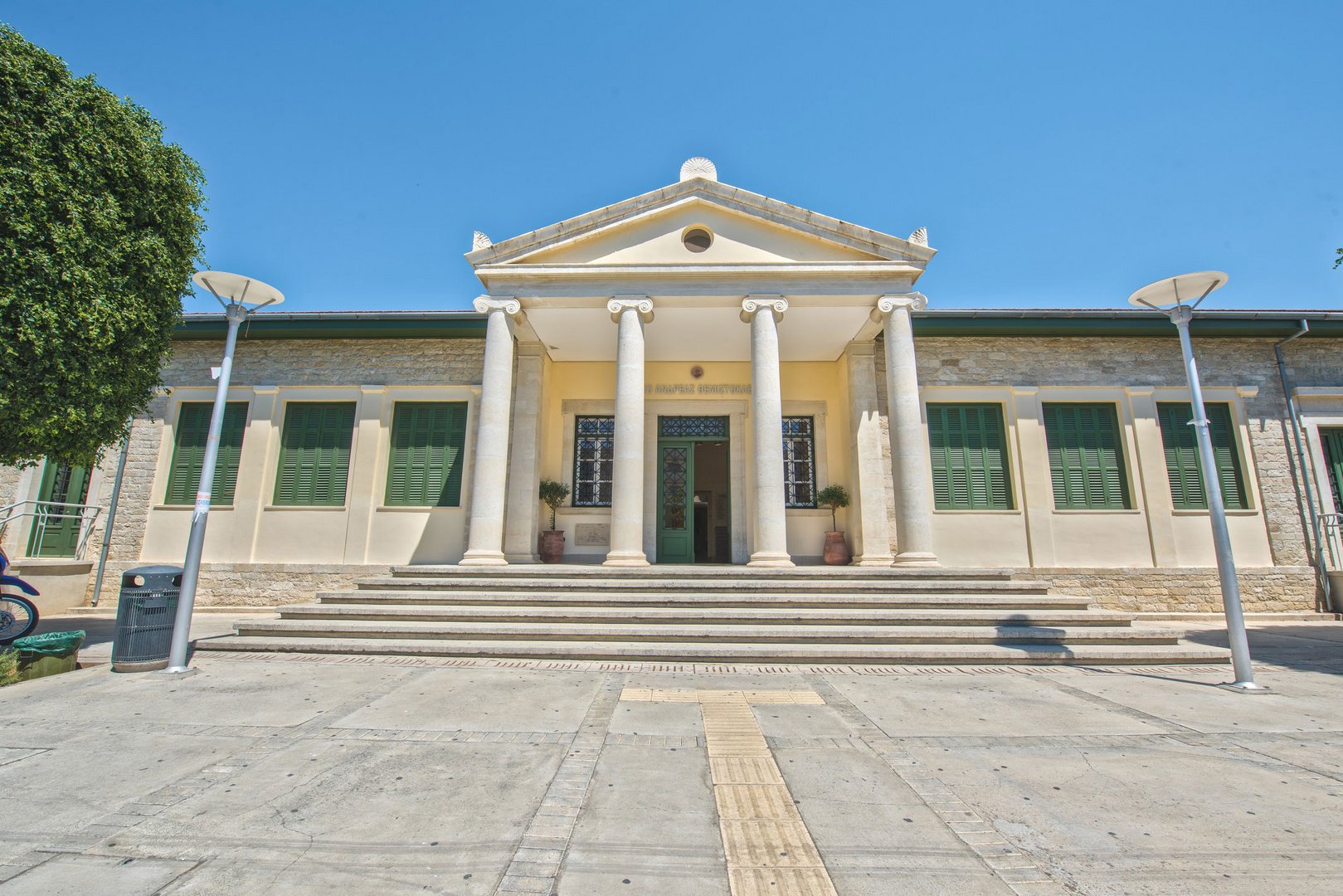The rectors of Cyprus’ two public universities, the University of Cyprus’ Tasos Christofides and the Cyprus University of Technology (Tepak)’s Panayiotis Zaphiris, on Thursday called for the “immediate passage of legislation” to allow for foreign language bachelor’s degree courses to be taught at their universities.
In a joint statement, the pair said the matter of legalising such programmes is “passing from delay to delay” and added that in light of the House education committee’s decision to delay discussions on the matter until December 12, they had been informed that the subject “will be examined in 2025 or in the long term”.
Stating their support of the plan for foreign language courses to be introduced, they rubbished claims that such programmes will “degrade the programmes offered in Greek”.
“It is not the offer of foreign language programmes at public universities which will degrade public education, nor will the offer of what will turn out to be a limited number of foreign language programmes in new cutting-edge subjects limit the offer of programmes in Greek,” they said.
They added that the programmes will also not constitute “competition” for foreign language programmes offered by the island’s private universities, as the programmes are “not a commercial activity”.
To this end, they expressed their support for the bill put forward on the matter by the education ministry, describing it as “balanced”, and saying it contains “the necessary safeguards”.
However, they said, the slow progress of the bill is putting their universities at a disadvantage compared to their counterparts in other European Union member states where public universities already offer bachelor’s degree programmes in foreign languages.
“Europe is moving rapidly in offering common study programmes in the English language … but in our country, we have been discussing the obvious for at least eight years,” they said.
They added that if MPs aim to support higher education in Cyprus, “they must support the development of infrastructure projects at public universities which will not burden the state budget.
“European public universities, thanks to their flexibility and adaptability, have managed to seize opportunities and internationalise.”
On the other hand, they said, “here, we have been in endless discussions for years without end about the obvious and about legislation which is essential for the sustainability and the development of our public academic institutions.”
Much of Wednesday’s House education committee meeting had gone on behind closed doors, with Education Minister Athena Michaelidou telling the committee that EU law already provides for the offering of foreign language programmes at universities, and that her bill includes “safety valves for proper evaluation” of how they will be offered and then implemented.
After the meeting, she expressed her concern over the delays, saying they “serve no one and only stop us from taking action”.
“We don’t understand what the purpose of the delay is, and why political parties aren’t taking a stance,” she said.
She had said last month that she had not heard any “strong arguments” against the plan and added that the introduction of foreign language programmes is “a basic provision of our strategy to upgrade higher education in this country, and to internationalise it”.
“They will not burden public finances since they will be self-financed,” she added, alluding to the planned introduction of tuition fees for the programmes, which she said would be “based on the actual costs and controlled by the government”.
Disy MP George Karoullas said at the time that both the introduction of foreign language undergraduate programmes at public universities and the establishment of overseas based universities’ campuses in Cyprus are “matters of principle” for his party.
He added that Disy wishes to “establish Cyprus as an international centre of higher education” but warned that the changes “must be done properly and on the basis of legitimate, fair competition between existing universities and schools”.
Akel MP Christos Christofides was less impressed by the plans, saying, “we are not interested in any political expedience or economic interest other than the political, economic, and social interest of Cyprus and the Cypriot people”.
He added, “if we do not ensure that Cyprus does not become a sitting duck to be exploited, we will suffer more than we did with golden passports.
“If we become a place where degrees are sold easily, the European Union and individual countries will say degrees given in Cyprus are not worth the paper they are written on and the whole thing will collapse like a house of cards.”







Click here to change your cookie preferences